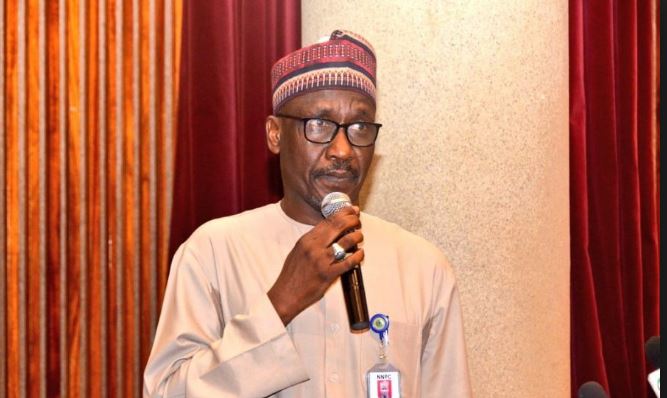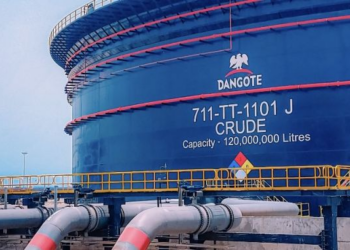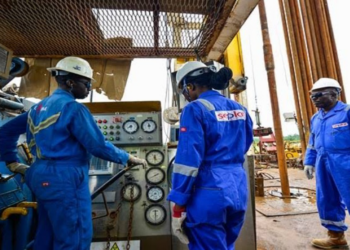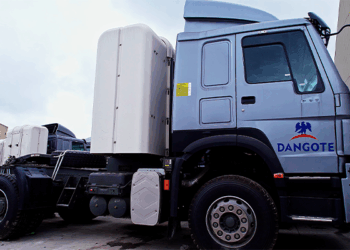“The key issue is that if I buy crude whether, from Nigeria or anybody, I buy at an international price. If I produce product and want to sell, I should sell that product at an international price. So, I would not be affected by the decision of local pricing, it is on that concept that we went into refining” – Engr. Mansur Ahmed, Director, Dangote Group, March 2016
The laws in Nigeria don’t support Dangote’s Groups position. If Dangote Refinery buys local crude or imports international crude for their refinery in Lekki, they must sell at mandated local prices. In 2013, The Federal High Court sitting in Abuja declared as “unconstitutional, illegal, null and void” a proposal by the Federal Government of Nigeria (FGN) to deregulate the prices of petroleum products. The Court’s position was that the Petroleum Act and the Price Control Act mandates fixing the prices of petroleum products, thus unless that law is repealed by another law (like the PIB), petroleum prices cannot simply be deregulated by fiat.
Currently in Nigeria, crude oil is allocated to NNPC, which refines/swaps that crude offshore at international prices, but sells at mandated local prices. That’s why Nigeria pays a subsidy to cover differences between local crude oil and landed cost of imported petrol. This is also why Nigeria has had no investment in a new major refinery for PMS even with 25 licenses issued. No corporate has been able to build a new refinery where the firm cannot determine their selling price to breakeven.
So I am proud and hopeful of this new Dangote Refinery but must ask questions.
READ MORE: Nigeria in trouble as rising subsidy cost exacerbates revenue crisis

Is Dangote investing $14 billion in a project where he is not sure of his selling prices? Or does Dangote believe the downstream sector will be deregulated by the time the refinery will be completed? Why can’t the President signal there will be a process to deregulate the downstream sector so that more “Dangote’s” can begin the process of raising funds to build more local refineries?
The only policy that will ensure availability at the right petrol prices is competition. Liberalization by deregulation is what ensures competition. The policy of fixing local prices of imported products thus creating a subsidy regime and removing the private incentive to build local refineries has failed. If it has failed, why retain it?.
The only way to cut down the cost of paying subsidies is to reduce the cost of petroleum products and the way to do so is to refine locally. To refine locally means that refining companies can buy crude oil forward contracts to feed their refineries. To open up the crude buying process is to pass the Petroleum Industry Bill (PIB).
The PIB allows a transparent and measurable process of ownership of petroleum assets. With the PIB regime, it’s possible for a refinery to buy crude oil in advance, at a price she negotiated with private crude suppliers to feed its refinery stock. So long term, pass the PIB, this will encourage local refineries. More local refineries will eradicate the need to import fuel and pay subsidy on “inefficiencies”.
The subsidy is not the problem. A government subsidy is a tax cut to the poor, the vulnerable, and the economically backward. However, If Nigeria is subsidizing fuel imports, she is simply subsidizing imported consumption, creating jobs outside Nigeria and destroying the value of the Naira. So subside local refining not imported fuel. However, this creates another problem, the subsidized locally refined petrol can find its way to Cameroon, Togo, and the Benin Republic.
The solution is to subsidize local purchase at the pumps, not the ports. The Federal Government should land the imported PMS at market prices but apply the subsidy at the pumps. Let the market prices be reflected, but pay every citizen a direct subsidy payment to purchase the “expensive” fuel. This ensures Nigeria fuel cannot be exported to take advantage of arbitrage, the subsidy rests with the citizens and is exercised only with local purchase.
Nigeria can make these direct subsidy payments via sales tax return, motor vehicle registry refund, POS cashback even GSM phone number credit, but that refund has to be tied to local purchases of the product.






















